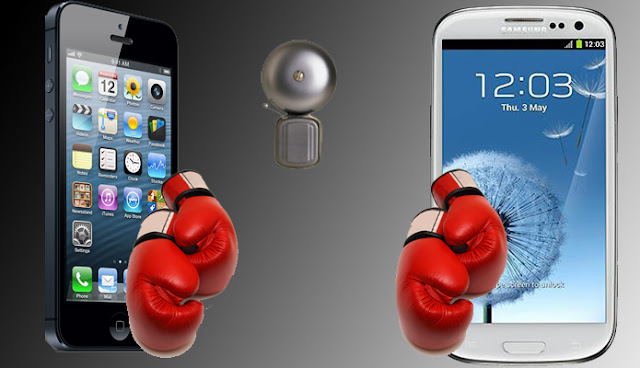Firefox OS With Shiny New Toys..
The Firefox OS, code-named "Boot to Gecko," or B2G, was designed to allow HTML5 apps to integrate with devices' hardware using JavaScript.
It hardly seems likely that an open source mobile OS upstart could make any waves in a market dominated by Android and iOS.
Windows Phone and BlackBerry may find a following, but Firefox OS? Not likely -- at least, not in the developed world.
Firefox may be able to sink its teeth into emerging markets, however, which are hungry for lower-cost devices.
The Mozilla Foundation on Tuesday announced that smartphones running its Firefox OS will be available to developers in February.
The preview phones are being produced in collaboration with Geeksphone and Telefonica.
"These devices have not been designed for consumers," Mozilla spokesperson Diane Zuniga told LinuxInsider.
Dev Phone Specs
Two smartphones are lined up for the dev preview.The Keon, which is touted as a light developer device, has a Qualcomm Snapdragon S1 1-GHz CPU.
It sports a 3.5-inch half-size VGA (HVGA) multitouch screen and a 3 MP camera.
The Peak is the heavy hitter. IT has a Qualcomm Snapdragon S4 dual-core 1.2 GHz CPU.
It features a 4.3-inch qHD screen. With a display resolution of 960 x 540 pixels, qHD screens offer one quarter of a full 1080p HD frame in a 16:9 aspect ratio. HTC's Sensation and Evo 3D, as well as Motorola's Droid Razr and PlayStation's Vita all use qHD screens.
Further, the Peak has an 8 MP camera with flash.
Both phones include a MicroSD slot, light and proximity sensors, GPS, and a MicroUSB slot. They support 802.11n WiFi. Both run High-Speed Packet Access (HSPA) 3G communications and EDGE GSM for 2G communications.
Pricing will be announced in early February.
B2G has been demonstrated on various smartphones including the Samsung Nexus S and a ZTE smartphone, as well as on the Raspberry Pi.
"The challenge Mozilla faces is whether it is able to break through into the mass market with its platform."
Reffered by here click here:



